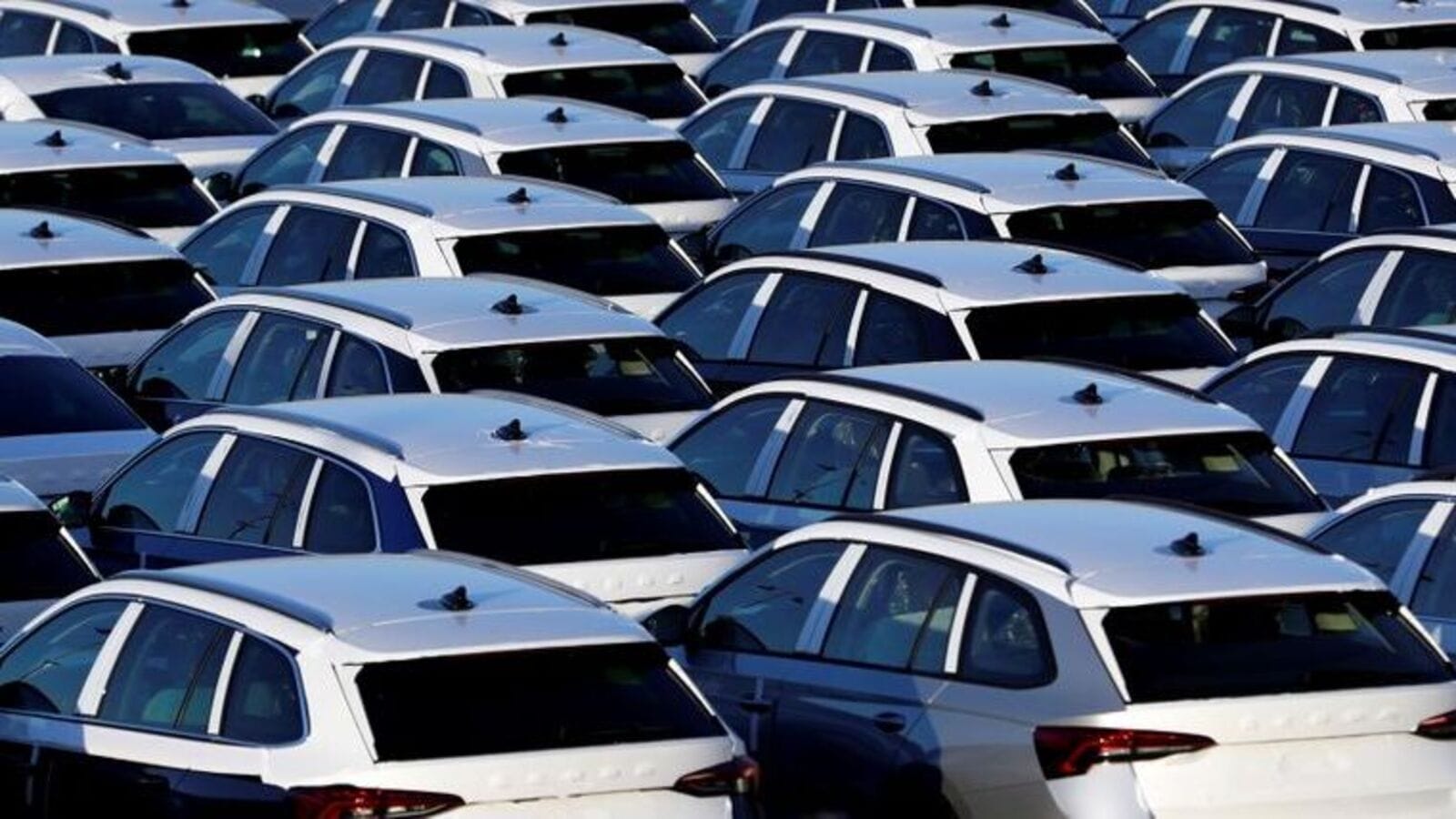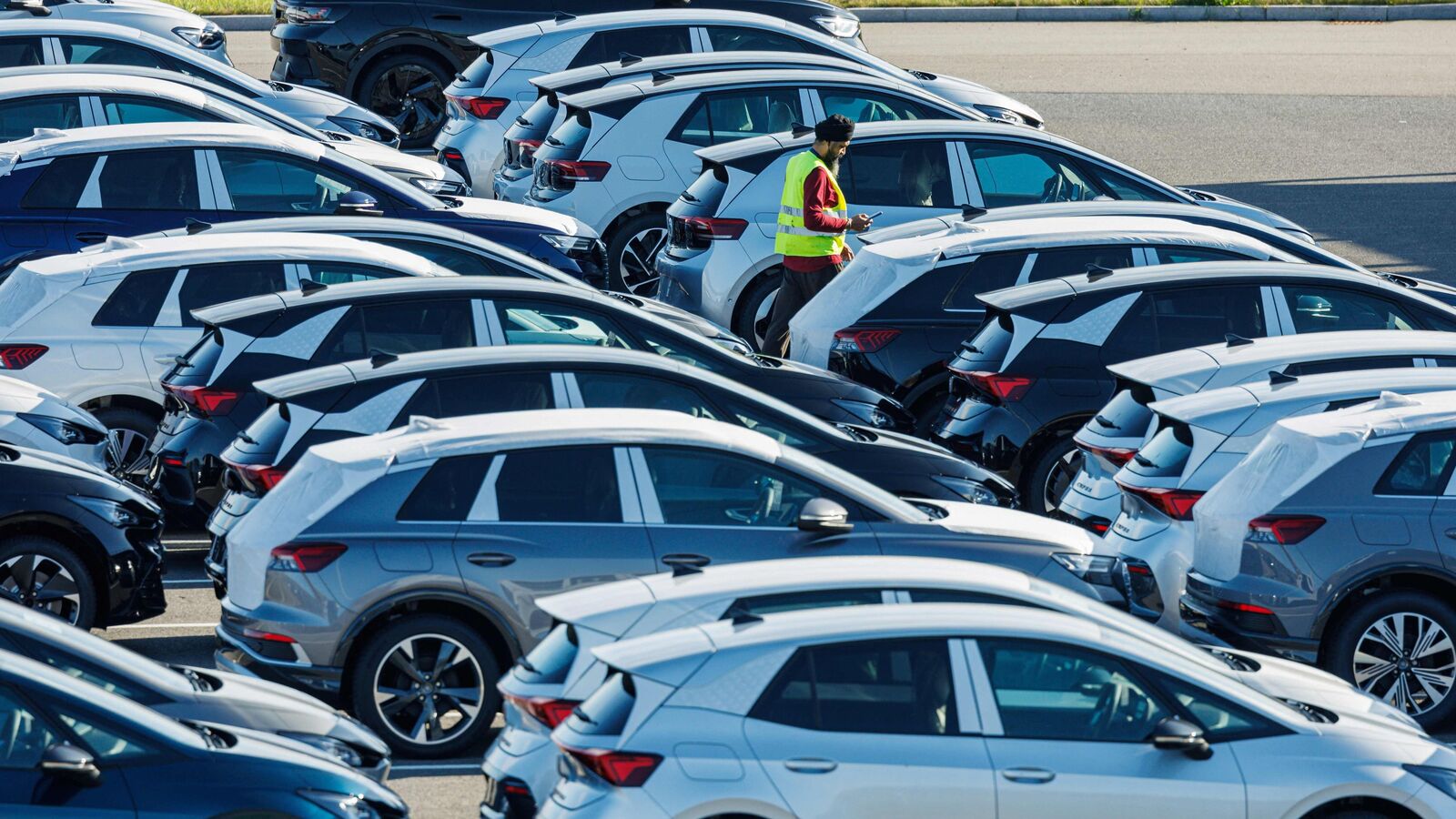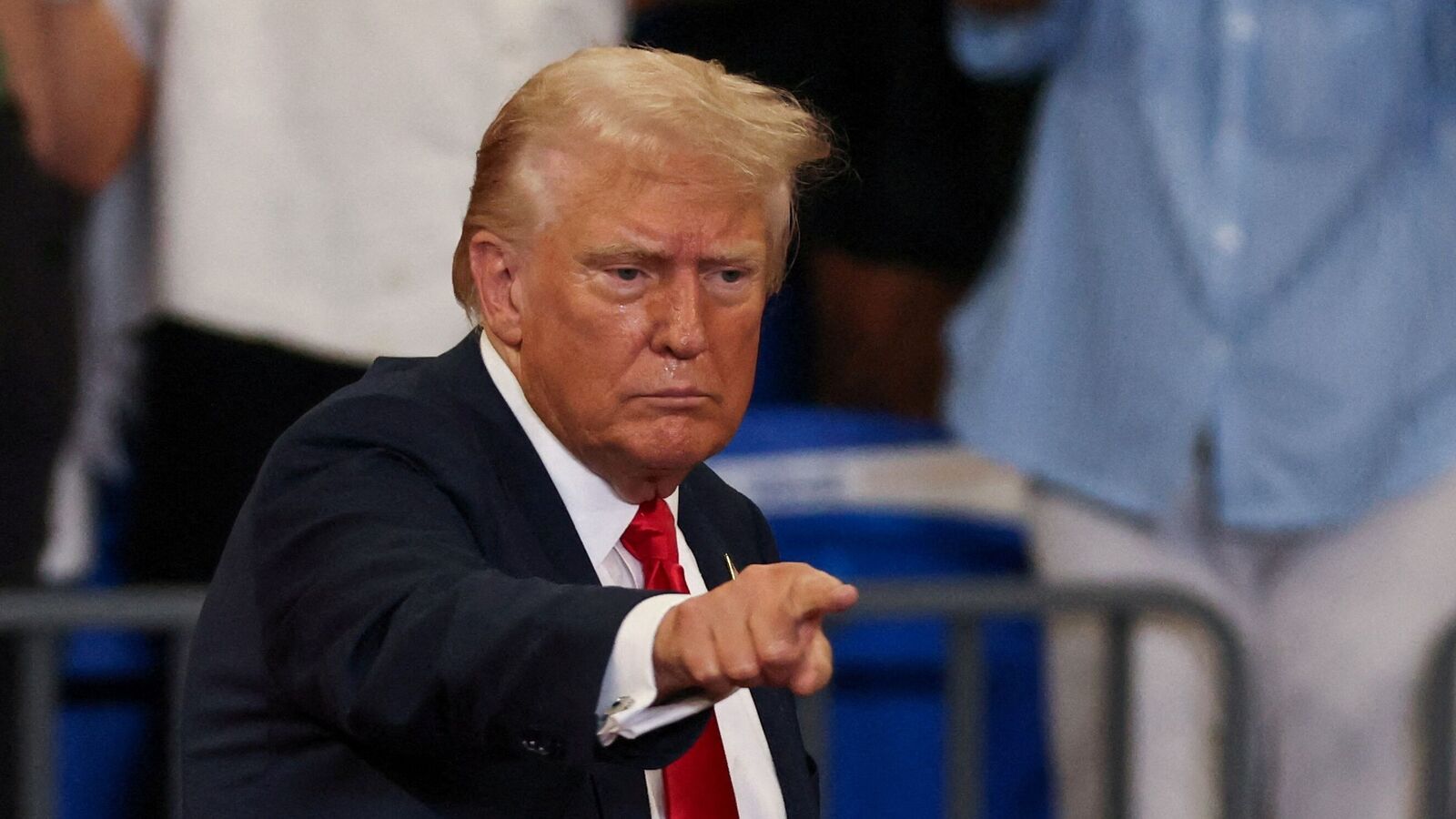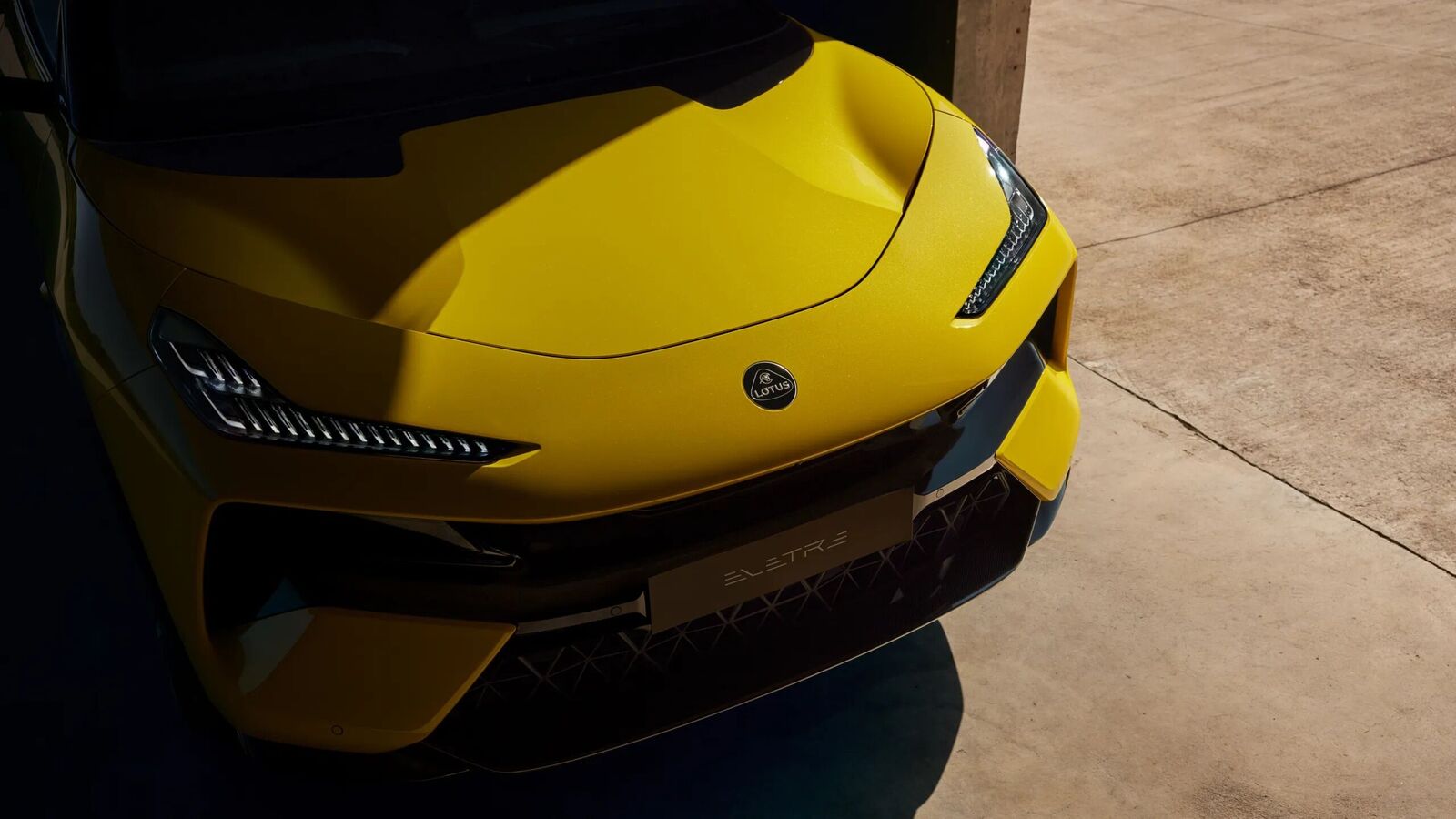- Mexico has warned that Trump's proposed 25% tariffs could eliminate 400,000 American jobs and raise pickup truck prices by as much as $3,000.
Mass job losses and more expensive pickup trucks: This is what the massive tariffs Donald Trump is threatening to impose on its neighbor will mean for the US, according to Mexico's government.
Economy Minister Marcelo Ebrard said during a news conference with President Claudia Sheinbaum on Wednesday that Trump's pledge to impose 25% tariffs on Mexico and Canada would cost the US 400,000 jobs.
A veteran of confrontational North American trade negotiations during Trump's first administration, Ebrard gave a presentation on how a new round of levies would affect Mexico-US relations.
Also read: France, Germany, Sweden urge EU to avoid dependence on China on EV batteries
Ebrard said the new tariffs would mainly affect U.S. automotive companies operating in Mexico, including General Motors and Ford Motor Co., which produce 88% of pickup trucks sold in the U.S. “We estimate that the average price of these vehicles will increase by $3,000 per unit,” he said.
Mexico is beefing up its defenses against Trump's new tariff threats, Sheinbaum said, uniting a group of national businessmen at his daily press briefing. The government also plans to extend its trade agreement with the European Union and improve its commercial ties with Brazil, officials said.
On Tuesday, Sheinbaum suggested that Mexico could respond to the threat of tariffs with tariffs of its own, warning that the economic consequences would be severe. “The response to one tariff will be followed by another, and so on until we no longer put ordinary companies at risk,” the president said in his first response to Trump's threats.
The US president-elect is vowing to impose 25% tariffs on imports from Canada and Mexico until fentanyl and undocumented migrants stop flowing to US borders. Canada says it has plans to boost border security — and points to U.S. government data showing most of the problems come from Mexico.
Also read: Italy, Poland urge EU to give carmakers relief from carbon fines
Sheinbaum said Canada also needs Mexico and is confident the northern country will remain in the North American trade agreement that will be reviewed in 2026. He also said his government is in touch with Trump's transition team.
Mexico has become the US's largest trading partner, with the Mexican government estimating that trade between the neighbors now totals $800 billion annually.
Ebrard underlined the importance of improving trade relations between the US, Mexico and Canada, saying they were worth $1.8 trillion between January and September, and generate 30% of the world's GDP.
“If tariffs are imposed and we enter the process of increasing tariffs, who is going to be affected? All three countries,” Sheinbaum said. “We don't compete with each other, we complement each other.”
Get information about upcoming cars in India, electric vehicles, upcoming bikes in India and cutting-edge technology that is changing the automotive landscape.
First publication date: Nov 29, 2024, 10:35 am IST





